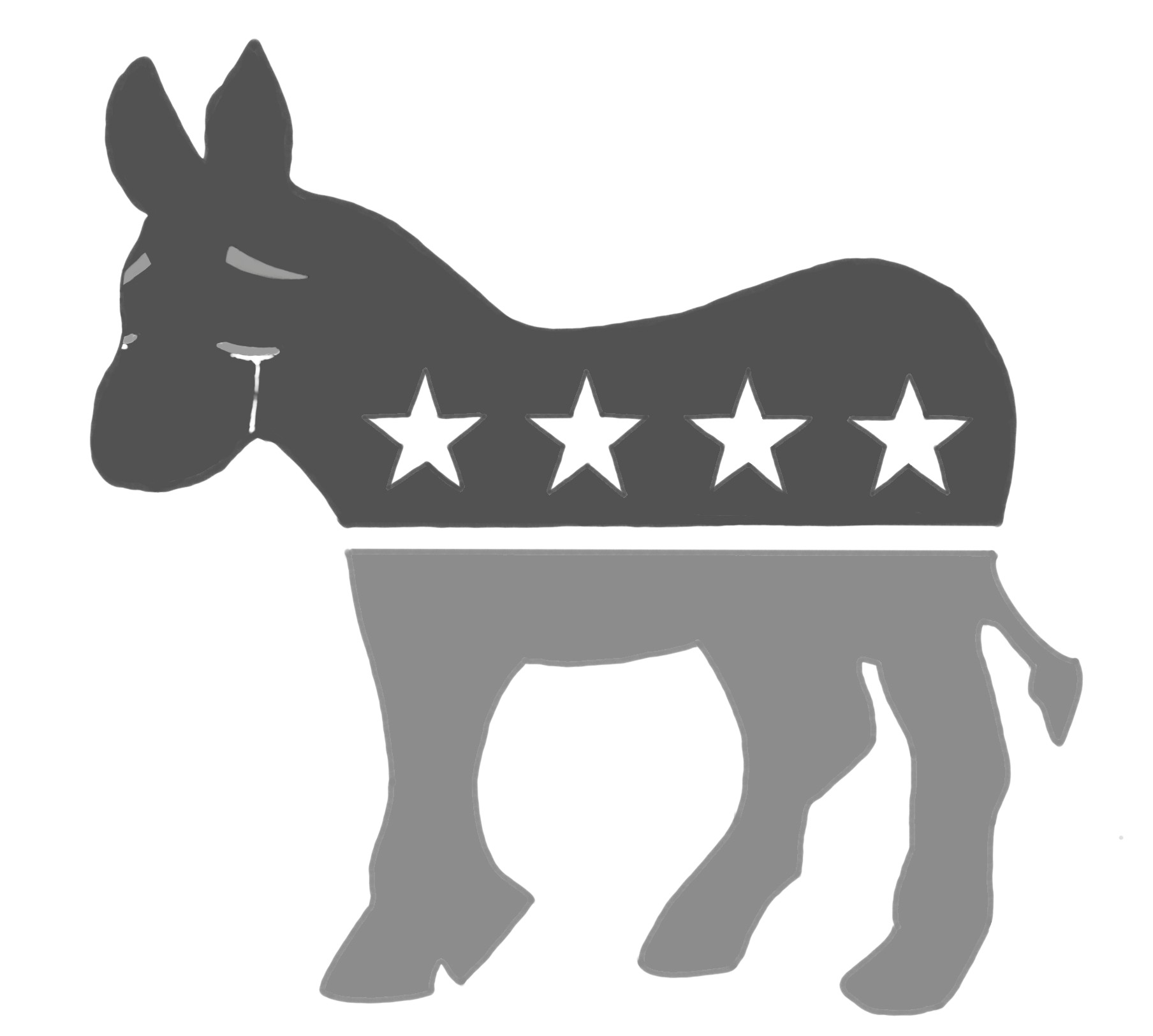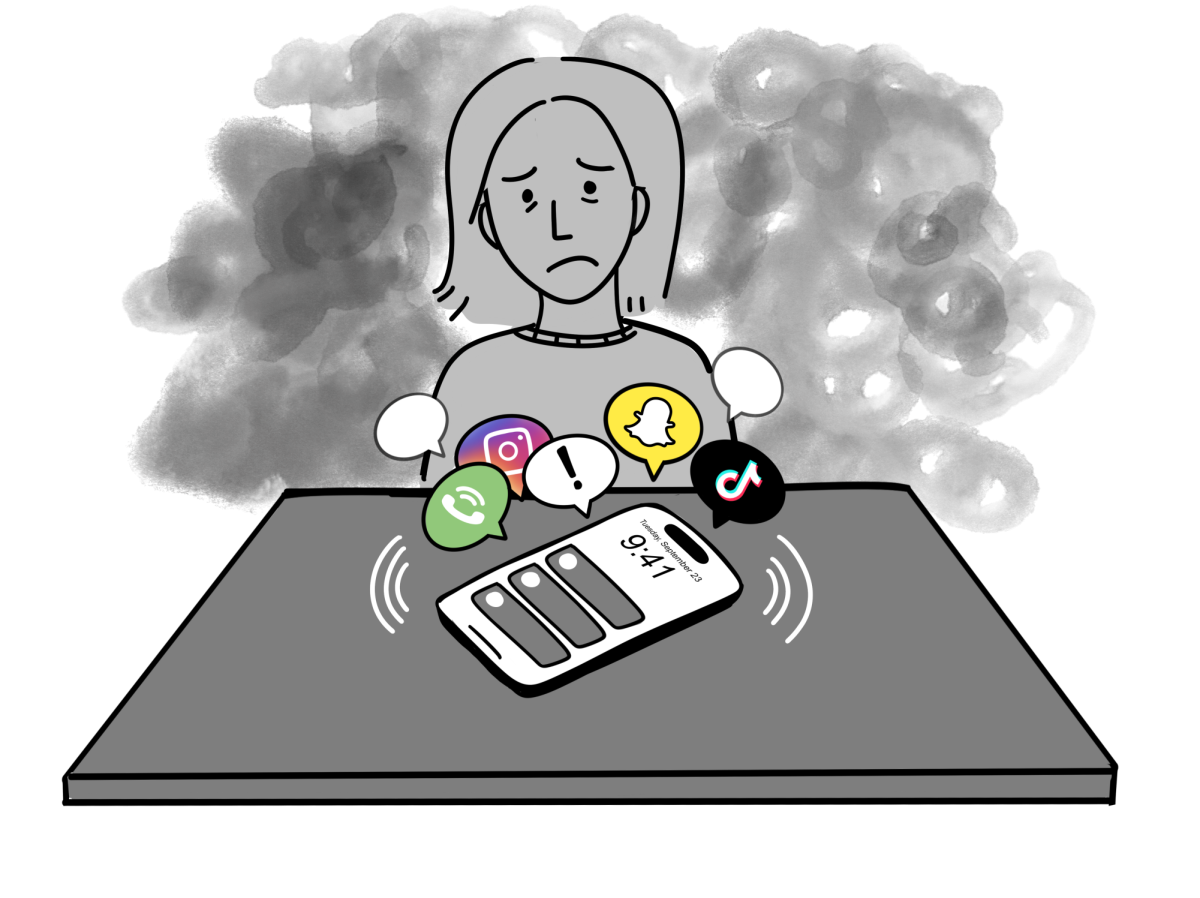
If you’re like myself, and hundreds of millions of other Americans, you’re disappointed in what happened on November 5. We have seen endless articles, news segments, and YouTube videos hypothesizing about what exactly went wrong for Kamala Harris. It could have been high gas prices. To others, it was the outpouring of support that Trump received from young men, influenced by podcasters like Joe Rogan. Maybe it was that Democratic politicians came off as coastal liberal elites to the average voter. It’s possible that all of those things played a role. But I believe that the central issues for the Harris’ campaign were the economy, messaging, and the connection to Joe Biden that she just couldn’t seem to break—and in retrospect, we should have seen this coming.
I believe Harris’ biggest problem was that she was ideologically and politically attached to a historically unpopular incumbent. On Election Day, 56 percent of Americans disapproved of the job Biden had done as President, according to 538, ABC News’ poll aggregator. But what really did it for Harris was voters’ perception of the Biden administration’s economy. According to the Pew Research Center, a whopping 81 percent of registered voters said that the economy was “very important” to their vote this year. Despite the fact that the rate of inflation has been steadily decreasing, we have seen that what people think about how the economy is doing holds much more weight than how the economy is actually doing, and prices are still high for many everyday necessities. Republicans succeeded in controlling how people view the economy, despite the fact that Biden was handed a historically poor post-COVID economy by—you guessed it—Donald Trump and his early mishandling of the pandemic. So high prices for gas and groceries were seen by many as squarely the fault of the Biden administration—something that did not do Harris any favors during her campaign.
Despite an improving economy, the Harris-Walz campaign was still unable to convey the message to swing voters. Trump and the GOP had unbelievable success with messaging this election cycle, and no issue exemplifies this more than immigration. Trump’s xenophobic, bigoted, and fearmongering messaging about immigration ultimately won among voters, largely thanks to misunderstandings and misinformation. You couldn’t turn on the TV in a swing state without being bombarded with ads spewing misinformation about the southern border. Trump and his MAGA media ecosystem have managed to convince millions of Americans that there are hordes of illegal immigrants pouring across the border every day, and too many people voted on that belief.
While some pundits or politicians say that Democrats lost this election because they are “too far left,” I disagree. This election was not a rejection of the progressive ideals that most Democrats stand for—it was an unfortunate affirmation that millions of Americans would rather vote for a self-proclaimed “dictator on day one” than an objectively good candidate such as Harris. This can simply be attributed to the Trump effect: the unique pull that he has as a candidate, and has had since 2016. When he said “I could stand in the middle of Fifth Avenue and shoot somebody, and I wouldn’t lose any voters,” he was completely right. Democrats have still not been able to crack the beating-Trump puzzle; they were not ready for him in 2016, and 2020 was an outlier, an election weighed down by Trump’s complete mishandling of the pandemic that was able to hand Biden a victory. And this year was no different. Retrospectively, Democrats did not message about the dangers of Trump the way they should have. The median American voter doesn’t respond to fear mongering over fascism or authoritarianism.
What we’ve learned from almost a decade of having Trump in our political spaces is that people will vote for “outsiders” in almost any case. They want non-politicians to be their politicians. And that can be expected. But non-politicians should not come in the form of someone like Trump. The first four years of his presidency and the last four years of his conduct should have made that clear—and I don’t have high hopes for the next four. But no matter what happens, the Democrats’ original error was continuing with Biden. He said himself that he was supposed to be a “transition president.” If he had made it clear that he would not run, or even resigned, Harris would have had much more time to prepare a campaign to beat Trump. Maybe she could have shed his unpopularity among many Americans. Maybe her campaign could have developed better ways to fight the media ecosystem that is slowly shifting to the right. We will never know. But now we have to look to the future, and the Democratic Party is not off the hook. In fact, it’s quite the opposite. Democrats have to work harder than ever now to build the strongest case possible against the right for the next four years, and they need to come out swinging against the GOP nominee in 2028. For many of us, the Democrats are an imperfect option, the better choice in a bad two-party system, but for now, they’re all we have, and they have to act like it.






Meg Korte • Dec 16, 2024 at 9:02 PM
There’s not much to add to Sam Bergheiser’s excellent in depth analysis of the post election critique of the Democratic performance in Nov.
He clearly explore major concerns, trying to unravel reasons for the Trump win.
Thanks Sam for another well written article!